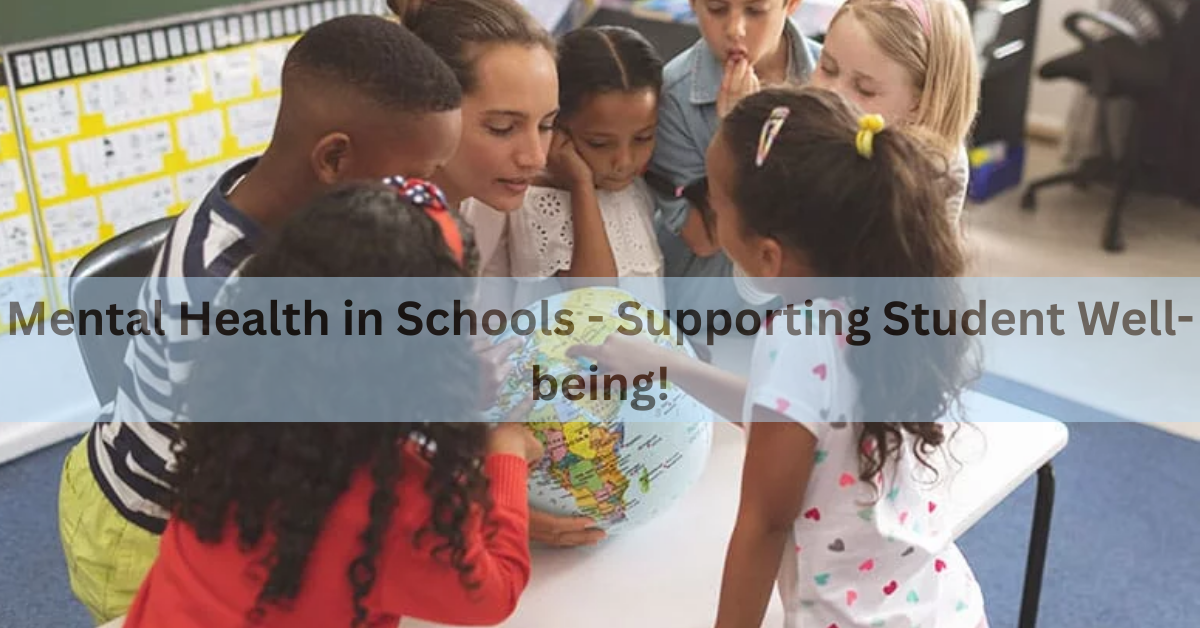Project-Based Learning (PBL) is an instructional methodology that enables students to learn and acquire knowledge and skills by working on complex, real-world problems and projects. This dynamic approach to education focuses on student-centered inquiry and active exploration, making learning engaging and meaningful. In this article, we will explore the various benefits of project-based learning and how it enhances the educational experience for students.
Enhanced Engagement and Motivation
One of the primary benefits of PBL is the heightened level of engagement and motivation it fosters among students. Unlike traditional rote learning methods, PBL involves students in real-world challenges that spark their interest and curiosity. By working on projects that have practical applications, students see the relevance of their learning, which increases their intrinsic motivation to participate and excel. This hands-on approach makes learning more interactive and enjoyable, leading to deeper and more sustained engagement.
Development of Critical Thinking and Problem-Solving Skills
PBL encourages students to think critically and solve complex problems. Throughout the project process, students must analyze information, evaluate evidence, and develop solutions. This continuous practice of critical thinking helps students improve their ability to reason, make decisions, and approach problems methodically. PBL provides a platform for students to apply theoretical knowledge to real-world situations, enhancing their analytical and problem-solving skills.
Promotion of Collaboration and Communication
Collaboration is a cornerstone of PBL. Students often work in teams to complete projects, which promotes the development of essential communication and teamwork skills. Through collaboration, students learn to share ideas, listen to different perspectives, and negotiate solutions. These interactions prepare students for the collaborative nature of the modern workplace. Effective communication within a team setting is vital for success in many professional environments, and PBL helps students build these foundational skills early on.
Encouragement of Creativity and Innovation
PBL provides an open-ended framework that encourages creativity and innovation. As students work on projects, they are given the freedom to explore various approaches and solutions. This creative freedom allows students to think outside the box and experiment with new ideas. The emphasis on innovation in PBL helps students develop a creative mindset, which is essential for adapting to and thriving in a rapidly changing world. By fostering creativity, PBL helps students become more adaptable and innovative thinkers.
Real-World Application of Knowledge
One of the key advantages of PBL is its emphasis on the real-world application of knowledge. Instead of learning concepts in isolation, students see how their academic knowledge can be applied to solve real-world problems. This contextual learning approach helps students understand the practical implications of what they are studying. By working on projects that mirror real-life challenges, students gain a deeper understanding of the subject matter and its relevance to their lives and future careers.
Development of Self-Management and Organizational Skills
PBL requires students to manage their time, resources, and tasks effectively to complete their projects. This aspect of PBL helps students develop crucial self-management and organizational skills. As students plan, execute, and present their projects, they learn to set goals, prioritize tasks, and meet deadlines. These skills are invaluable for academic success and essential for personal and professional growth. PBL equips students with the tools they need to manage their responsibilities and achieve their objectives efficiently.
Enhanced Student Autonomy and Responsibility
PBL places students at the center of their learning journey, promoting autonomy and responsibility. Students take ownership of their projects, making decisions about how to approach tasks and solve problems. This autonomy encourages a sense of responsibility for their learning outcomes. By taking charge of their education, students develop a growth mindset and become more self-directed learners. This sense of ownership and responsibility fosters lifelong learning habits and a proactive attitude towards education.
Integration of Multiple Disciplines
PBL often involves interdisciplinary projects that integrate multiple subjects and areas of knowledge. This holistic approach to learning helps students see the connections between different disciplines and understand how they interact in the real world. For example, a project on environmental conservation might combine science, geography, and social studies, providing a comprehensive understanding of the topic. This interdisciplinary integration enriches the learning experience and helps students develop a well-rounded knowledge base.
Improved Student Retention and Understanding
Studies have shown that students involved in PBL retain information better and have a deeper understanding of the material. The hands-on, active nature of PBL helps students internalize concepts more effectively than passive learning methods. By engaging in meaningful projects, students make connections between theory and practice, which reinforces their learning. The process of exploring, creating, and presenting projects solidifies students’ understanding and improves long-term retention of knowledge.
Preparation for Future Careers
PBL prepares students for future careers by providing them with the skills and experiences they need to succeed in the professional world. The emphasis on critical thinking, problem-solving, collaboration, and communication aligns with the skills employers seek. Additionally, the real-world application of knowledge and interdisciplinary approach mimic the complexities of modern workplaces. By participating in PBL, students gain practical experience and develop a portfolio of work that can be valuable for college applications and job opportunities.
Conclusion
Project-Based Learning offers numerous benefits that enhance the educational experience for students. By promoting engagement, critical thinking, collaboration, creativity, and real-world application, PBL prepares students for academic success and future careers. The development of self-management, autonomy, and interdisciplinary integration further enrich the learning journey. Embracing PBL in educational settings can transform the way students learn and equip them with the skills they need to thrive in a rapidly changing world.


